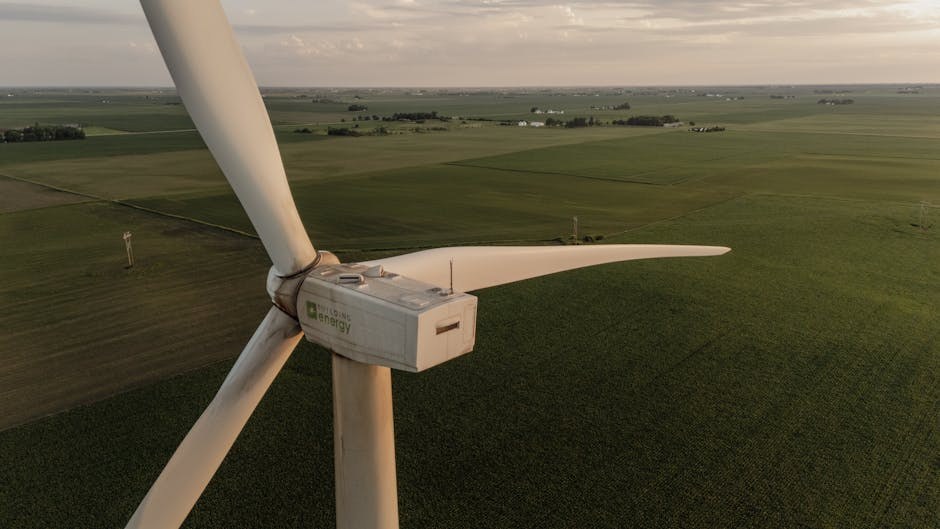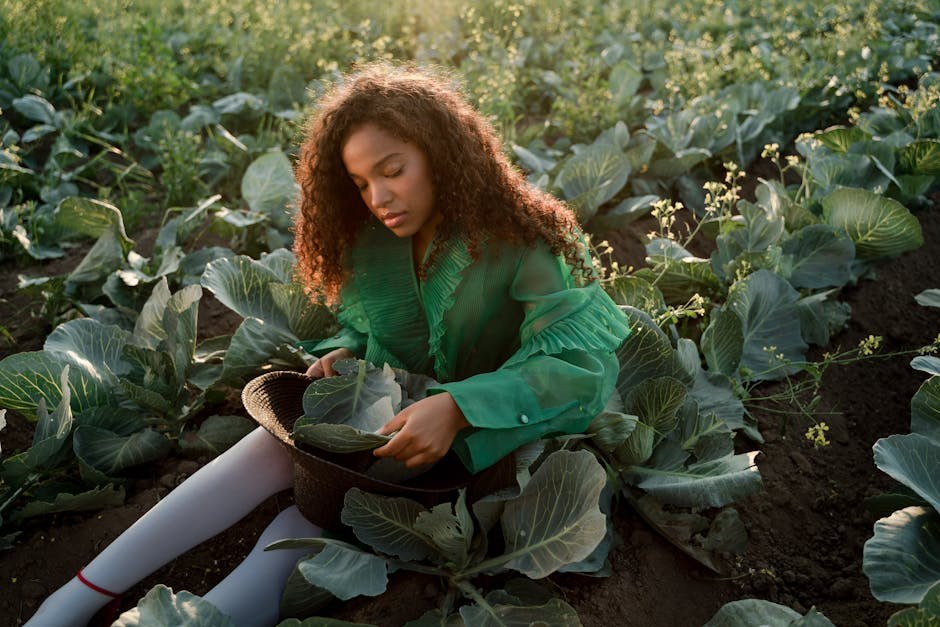Attraction can arrive like a spark – that look across the table, the way conversation flows, the sensation that you already speak the same language. In moments like these, many people start weighing sex on the first date against the potential fallout. Some imagine chemistry cooling if they wait; others fear moving too quickly will cloud their judgment. This guide reframes the debate with clear, balanced arguments so you can decide what fits your values, your safety, and your long-term hopes without letting outside noise make the choice for you.
Why the question keeps returning
The idea of sex on the first date stirs up anxiety because dating operates at the junction of personal desire and social expectation. You might want to follow a natural pull – yet worry your date will label you, or friends will judge you, or you’ll misread a fling as something deeper. Add the truth that first meetings reveal only a sliver of who someone is, and no wonder the decision feels loaded. Some couples who jumped in early later built stable, happy relationships; others shared a single scorching night and drifted. The uncertainty doesn’t mean the choice is wrong – it means context matters.
Another reason this question persists is the way we internalize narratives about “proper” timelines. Scripts promise that restraint equals respect while heat equals recklessness. Real life is less tidy. Two people can prioritize connection and still choose sex on the first date; two others might treat waiting as delicious foreplay. Instead of letting a script write your evening, bring the spotlight back to consent, clarity, and your comfort level.

Before any decision: your baseline checks
- Consent must be enthusiastic, ongoing, and reversible – if either person wavers, the plan changes.
- Safety is non-negotiable: where are you going, who knows your whereabouts, what protection will you use?
- Intentions should be transparent. Are you exploring a spark, testing compatibility, seeking a casual encounter, or hoping for a relationship?
These checks apply whether you choose sex on the first date or not, and they frame the rest of the conversation with care.
Arguments for waiting
Pressing pause can be powerful. Below are reasons people choose not to have sex on the first date – not because restraint is “better,” but because it can support certain goals and guardrails.
-
Social scripts still influence perception
Culture may be evolving, yet traces of old dichotomies persist. Some people interpret early intimacy through a lens of stereotypes. If you don’t want to navigate those assumptions while building a new connection, waiting can spare you that extra layer. Choosing not to have sex on the first date can also help you focus on emotional rapport without performing around bias.

-
Good intimacy often grows from knowledge
Great lovers aren’t mind readers – they learn each other. Touch, pacing, and turn-ons become clearer with time and conversation. Skipping ahead might lead to decent chemistry, but many find that anticipation plus communication multiplies pleasure. Letting desire simmer can make the eventual encounter feel like a co-authored story rather than a rushed scene.
-
Milestones can matter
Relationships carry rhythms: first shared joke, first kiss, first weekend away. When everything happens at once, the sense of discovery can flatten. If you relish unfolding chapters, postponing sex on the first date preserves the arc. Consider it a way to savor the mystery while you decide whether your values and lifestyles align.
-
Anticipation is its own kind of heat
Waiting isn’t the absence of desire – it’s a form of it. Flirtation, glances, and teasing banter can thrum through the days after a great evening. That buildup often heightens intimacy later. If you’re someone who enjoys the crescendo, delaying might transform a good connection into a thrilling one.

-
Safety first – always
A first meeting gives you early signals but not the full picture. Being alone in private with someone you barely know introduces risk. Trust your intuition. If you notice controlling behavior, poor boundaries, or anything that makes you uneasy, hit pause. Your comfort is more important than momentum, and opting out tonight doesn’t close the door forever.
-
Lust can masquerade as something larger
Sexual chemistry can feel like destiny – your body floods with warmth and certainty. Those feelings are thrilling, yet they can blur assessment. By delaying sex on the first date, you give yourself time to notice whether you enjoy the person beyond the spark, and whether your compatibility extends to communication, kindness, and day-to-day habits.
-
Practical complications are real
Even with protection, accidents happen. If you’d prefer to face health decisions with someone you know a bit better, that’s a valid boundary. Choosing not to have sex on the first date can reduce the chance of navigating sensitive conversations before trust has formed.
Arguments for going ahead
Plenty of thoughtful, responsible adults decide that sex on the first date fits their desires and boundaries. If the vibe is mutual and the conditions feel right, here are reasons a green light might make sense.
-
Compatibility includes the physical
Emotional and intellectual rapport matters – and for many, sexual connection matters too. Discovering misaligned needs after months of dating can be deflating. Treating intimacy as one piece of the compatibility puzzle may help you understand the real potential sooner. When two adults communicate clearly, sex on the first date can be a candid, consensual way to check whether chemistry translates in practice.
-
Distraction can derail early bonding
If you’re both buzzing with curiosity about how you connect physically, it can leak into every topic. Sometimes getting the question answered frees attention for deeper conversation. When handled with care, the openness that follows can deepen trust rather than diminish it.
-
Judgment isn’t a healthy filter
If someone’s respect for you hinges on a timetable, that’s instructive. People who value you will care about consent, communication, and safety more than calendar math. In that light, choosing sex on the first date becomes less a risk to your image and more a litmus test for mutual respect.
-
Autonomy is attractive
Desire guided by your own ethics can be empowering. You’re an adult capable of making choices and navigating outcomes. If what you want tonight aligns with your boundaries – and your partner’s – you don’t owe anyone an explanation. Many find that honoring authentic desire builds confidence that carries into the rest of the relationship.
-
Honesty about intentions keeps things clear
Sometimes both people are pursuing a casual experience. In that scenario, putting on a polite slow-burn mask serves no one. If you communicate openly – what you want, what you don’t, where your limits are – sex on the first date can lead to a respectful casual dynamic or reveal quickly if you’re mismatched.
-
Life is finite – connection is a gift
There’s a pragmatic argument here: opportunities for joy shouldn’t always be deferred. If you’ve assessed safety, consent is enthusiastic, and the desire feels real, choosing the moment you’re in can be a reasonable philosophy. You’re not breaking a rule – you’re writing your own.
How to decide in real time
Lists help, but dates rarely unfold like flowcharts. You won’t always have a tidy answer. What you can have is a reliable decision process grounded in self-respect. Use these prompts to translate principles into action.
- Check inward – Do you want this because it feels right for you, or because you’re afraid to disappoint? Could you wake up tomorrow and feel aligned with your choice?
- Check outward – Is your date attentive to boundaries, kind to staff, and consistent with what they’ve shared? Does the energy feel steady rather than pressuring?
- Check logistics – Protection, privacy, and a plan. Where will you be? How will you get home? Who can you text your location to?
These simple checks create space to say yes wholeheartedly or no confidently. They also work whether you choose sex on the first date tonight or decide to wait until you’ve shared more time together.
Communication templates you can adapt
Sometimes you need language in the moment. Try these approaches and tailor them to your voice.
- “I’m really attracted to you. I’d like to take things slower and keep this spark building.”
- “I’m interested, and I want to be safe and clear about expectations if we do this.”
- “I’m feeling a strong pull, but I prefer not to have sex on the first date. If you’re into meeting again, I’d love that.”
- “I want to have sex tonight – with protection and a check-in if anything changes.”
Notice how each statement centers desire and boundaries together. Directness reduces guesswork and encourages your date to match your clarity. If they respond with respect, great. If they push back, that’s useful information – and a reason to reconsider.
Maintaining perspective after the choice
Whether you move forward or hold off, what happens next matters. If you chose sex on the first date, you don’t owe a lifelong commitment – but a follow-up message shows maturity. Share appreciation, check on consent after the fact, and communicate next steps honestly. If you decided to wait, consider sending a note that keeps the tone warm and playful, reinforcing that you enjoyed the connection and want to see where it goes. In both cases, integrity is attractive.
Common worries, reframed
- “Will they think I’m easy?” – People worth your time evaluate character, not a timestamp. If someone reduces you to a snap judgment, that’s a filter doing its job.
- “Will waiting make me seem uninterested?” – Interest is shown in presence, curiosity, and follow-through. Flirt, plan the next date, and say you want them – just not yet.
- “What if the sex isn’t great?” – Technique is teachable. Communication and goodwill turn “okay” into “wow.” Whether you had sex on the first date or later, feedback is your friend.
- “What if feelings get complicated?” – They might. That’s part of being human. Name what you feel, ask for what you need, and choose actions that you won’t regret.
Bringing it all together without the noise
The loudest voices tend to oversimplify: go for it or never do it. Reality sits between. You can be principled and passionate. You can move quickly and still be thoughtful. You can wait and still be wildly attracted. What matters is that the choice honors your boundaries and takes safety seriously. If you do have sex on the first date, make protection and aftercare part of the plan. If you wait, turn the waiting into flirtation – text a playful call-back to a moment you shared, plan a second outing that builds intimacy, and let the tension bloom.
Practical safety notes to keep close
- Carry protection and use it correctly every time – enthusiasm doesn’t replace precautions.
- Share your location with a trusted friend and set a check-in time.
- Meet in public first; if plans change, decide together, not under pressure.
- Trust your instincts – if something feels off, bow out. You don’t owe an apology for protecting yourself.
Your decision, your timing
Ultimately, no list can predict the chemistry you’ll feel with a particular person or the clarity that arrives in a quiet moment when you pause and listen to yourself. If you choose sex on the first date, let it be because you truly want it – not to secure approval or avoid rocking the boat. If you choose to wait, let that choice become part of the desire rather than a punishment. Either way, you can steer with honesty, care, and courage. When the question arises again – and it will – you’ll have your own compass rather than someone else’s rulebook.
And if tonight is the night, treat the choice with respect: align on protection, keep the dialogue open, and check in afterward. If tonight is not the night, keep the spark alive with flirtation and follow-through. The point isn’t to win a debate; it’s to honor your well-being while exploring connection at a pace that feels right to both of you. That’s how you turn uncertainty into confidence – whether you say yes, not yet, or no.